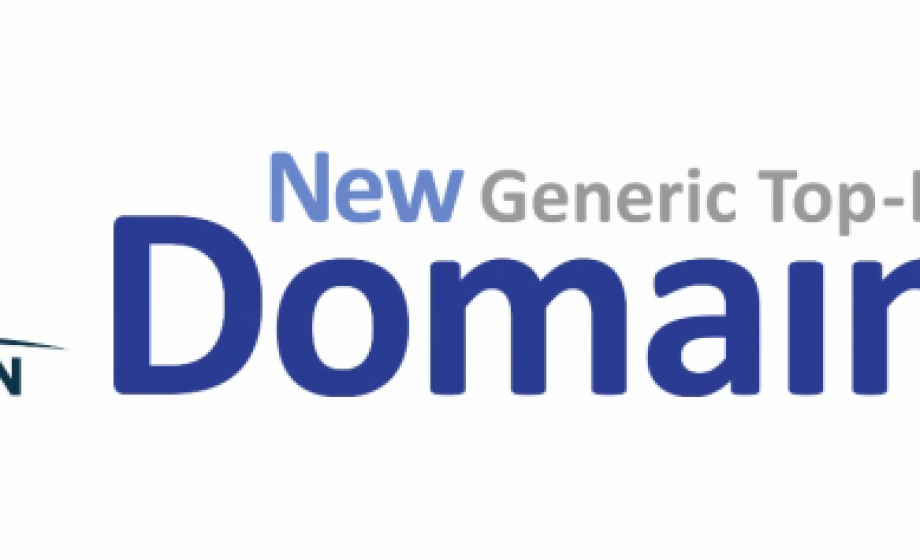
Last week the ICANN announced a suite of new gTLDs (generic top-level domains) which will usher in a new era of domain extensions – I’m still holding out for .rude, but it looks like that will be awhile. The domain extensions that have passed ICANN’s rigorous examination include .PARIS, whose application was submitted by the City of Paris, as well as .BZH, which was submitted in 2004 by the www.bzh association.
The new gTLDs will likely change the way the web works, further fragmenting it to look more like the world we live in – digital borders, if you will. ICANN released gTLDs to countries awhile back (.fr, .us, .ly, etc.), and it seems that cities and regions aren’t the only ones accepted this round. Luxury fashion brand Hermès has its request for the .hermes gTLD accepted, as did AXA, ARTE, and Astrium.
There have been a few notable gTLD purchase attempts, such as Amazon’s blocked attempt to purchase the .book domain extension, which sent publishers into an uproar. The fear that gTLDs are the future ‘prime real estate’ of the internet seems a bit silly to me – I think we are distancing ourselves from the “.com” monopoly – with companies choosing more & more to go with cheaper alternatives, given that Google will auto-complete your domain, and most people visit sites via links in Twitter, Google, Facebook, etc., which doesn’t require you to actually know how to spell the company’s domain.
Not anyone can get a gTLD – the application process is just as hard as the regulation (he who applies must maintain the domain, assure its security, etc.) – however, it is inevitable that almost anything you can think of as a domain name will be sought after as a gTLD: .home., .buy, .social , etc. And once the internet has been chopped up in a million pieces, with thousands to millions of domain names upon each gTLD, will the internet still be as easy to navigate as a Google search?
What do you think? Will .com ever become worthless?

